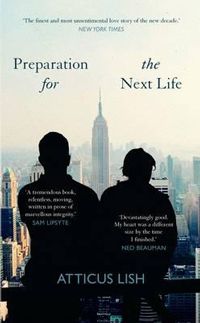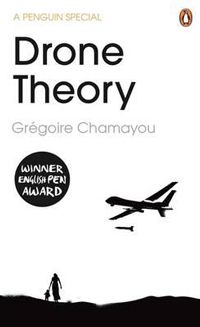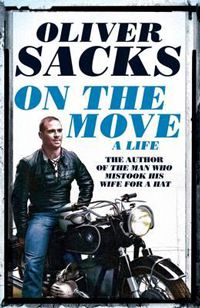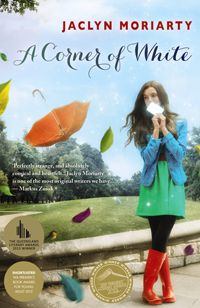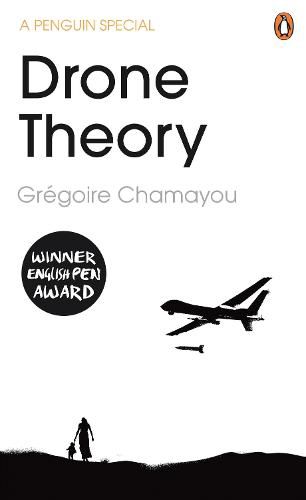What we're reading: Grégoire Chamayou, Oliver Sacks and Atticus Lish
Each week we bring you a sample of the books we’re reading, the films we’re watching, the television shows we’re hooked on or the music we’re loving.
Alison Huber is reading Preparation for the Next Life by Atticus Lish
I just finished reading Preparation for the Next Life by Atticus Lish, which was recently announced the winner of the PEN/Faulkner award, and has been getting fantastic reviews all over the place. The story follows the fragile beauty of a relationship between Zou Lei, a Muslim from northwest China who is living illegally in New York City, and Brad Skinner, a recently returned Iraq War veteran. These are two people out of place, only just holding onto existence in a city that exploits and devours those on its edges. It’s a grand writing achievement, and an amazing reading experience that is tough and emotionally draining (even upsetting) at times, and has an ending that totally did me in. It’s not too early in the year to say that this book will be a highlight of 2015 for me.
And then comes the dilemma: how do you follow such a powerful and affecting book, when there’s a danger that anything else will disappoint? Well, you read the new work of an author who wrote one of your favourite books, that’s how!
William Boyd’s 2002 novel Any Human Heart is in my personal Hall of Fame, and so I was excited to bag an advance copy of his forthcoming book, Sweet Caress (it’s due out in September). I’m about a hundred pages in and I’m pleased to report to fans and newcomers alike that it’s so far living up to my fairly high expectations! Like Any Human Heart, Sweet Caress is a study in character across time, in this case following photographer Amory Clay as she documents life in the twentieth century. I’m looking forward to spending some more hours on the couch with it this weekend.
Chris Somerville is reading Drone Theory by Grégoire Chamayou
After reading less than half of an excerpt from Grégoire Chamayou’s Drone Theory on the Longreads website, I’d made up my mind to purchase the book itself. (You can find the excerpt here.)
Drone warfare – a hallmark of the Obama administration – has raised profound ethical and constitutional questions, both in the halls of Congress and among the public. Recently translated from the original French by Janet Lloyd, Chamayou’s philosophical investigation into these attacks, and what they mean in terms of warfare, is at once enlightening, terrifying and completely absorbing. I’ve only just begun but the opening, a transcript of a conversation between drone operators about a potential target, has left me chilled.
Georgia Delaney is re-reading Everything is Illuminated by Jonathan Safran Foer
I loved this book as a teenager, but when I gave it to a boy I went out with a few years ago, he showed me into a dark world of Foer-haters, and called it ‘pretentious’ and ‘derivative’. I probably don’t need to describe the melodramatic betrayal that is a partner canning a book you loved, but I now know for sure that said boy’s judgement was completely flawed: This book is wonderfully generous and achingly clever, but not pretentious, or derivative. I love the way Foer exposes the skeleton of a story and how he tells truth about Holocaust and trauma through fiction. And it is hilarious, and heartbreaking. Who needs romance, anyway?
Mark Rubbo is reading On the Move: A Life by Oliver Sacks
I’ve been dipping into Oliver Sacks’ memoir, On the Move. What a fascinating man he is and what an interesting life he has led. A brilliant neurologist and communicator, he struggled to come to terms with his homosexuality, fought a raging addiction to amphetamines and became obsessed with swimming, weightlifting and motorcycles. As an undergraduate at Oxford he nearly flunked anatomy. Fearing the wrath of his surgeon mother he went to the pub. He stumbled out of the pub and decided to have a crack at the Theodore Williams Scholarship in Anatomy. The exam had already started and with a flourish he answered only one of the seven questions. He dumbfounded everyone by winning. This is a great book!
Bronte Coates is reading The Colours of Madeleine series by Jaclyn Moriarty
I was extremely apprehensive about reading this series, as it marked a big departure from Moriarty’s earlier books (which I’d loved). The story – a ‘crack opens between two worlds (the 'real’ world and Cello) and allows two characters (Madeleine and Elliot) to communicate via letters – sounded a bit twee and I wasn’t sure if that was how I wanted my fantasy to be. (I wasn’t even sure if this was fantasy.) Nevertheless, I tried to put aside my concerns and ventured into book one: A Corner of White.
At first, the situation was worrying. Unlike the immediate rapport I’d felt with Feeling Sorry for Celia (I’d picked it up in a bookshop, read one page and laughed out loud), I felt immediately out-of-step with A Corner of White. From the beginning I just wasn’t sure I was going to get this book. Maybe, I even thought to myself secretly and sadly, I’ve outgrown Jaclyn. So, I sought out Emily Gale (a steadfast and loyal Jaclyn Moriarty fan) for advice. Stick with it, she assured me. And, as usual, she was right.
As I read on I fell in love with the characters, got caught up in the mystery of the narrative, and was enchanted by the magic. Like Madeleine in the story, I hadn’t been quite able to believe in the Kingdom of Cello at first but by the end of book one, it felt more real to me than the other world. Moriarty’s Cello is the most marvellous and unique version of ‘Narnia’ that I’ve read in recent years. I’m so excited for book 3.



